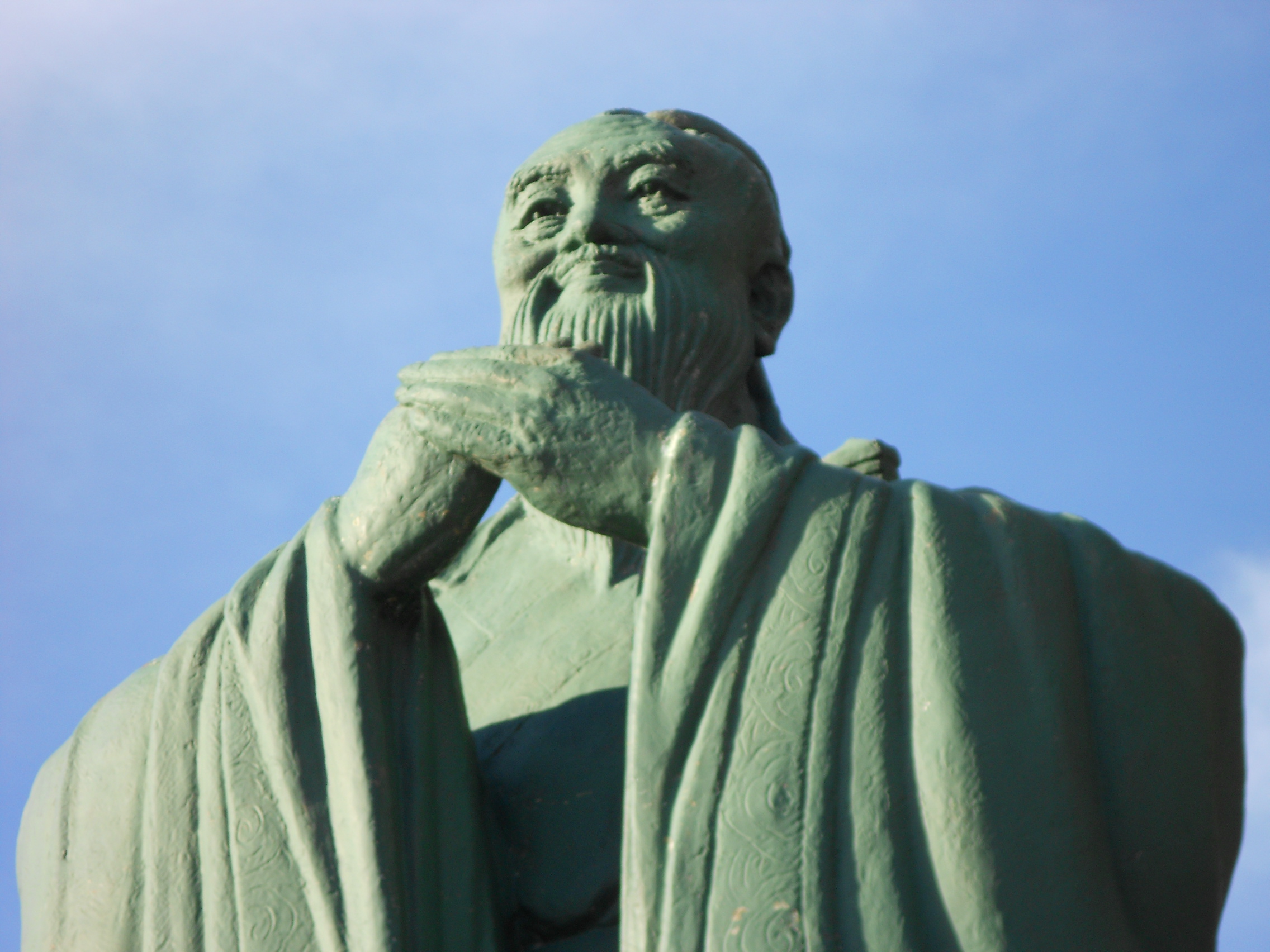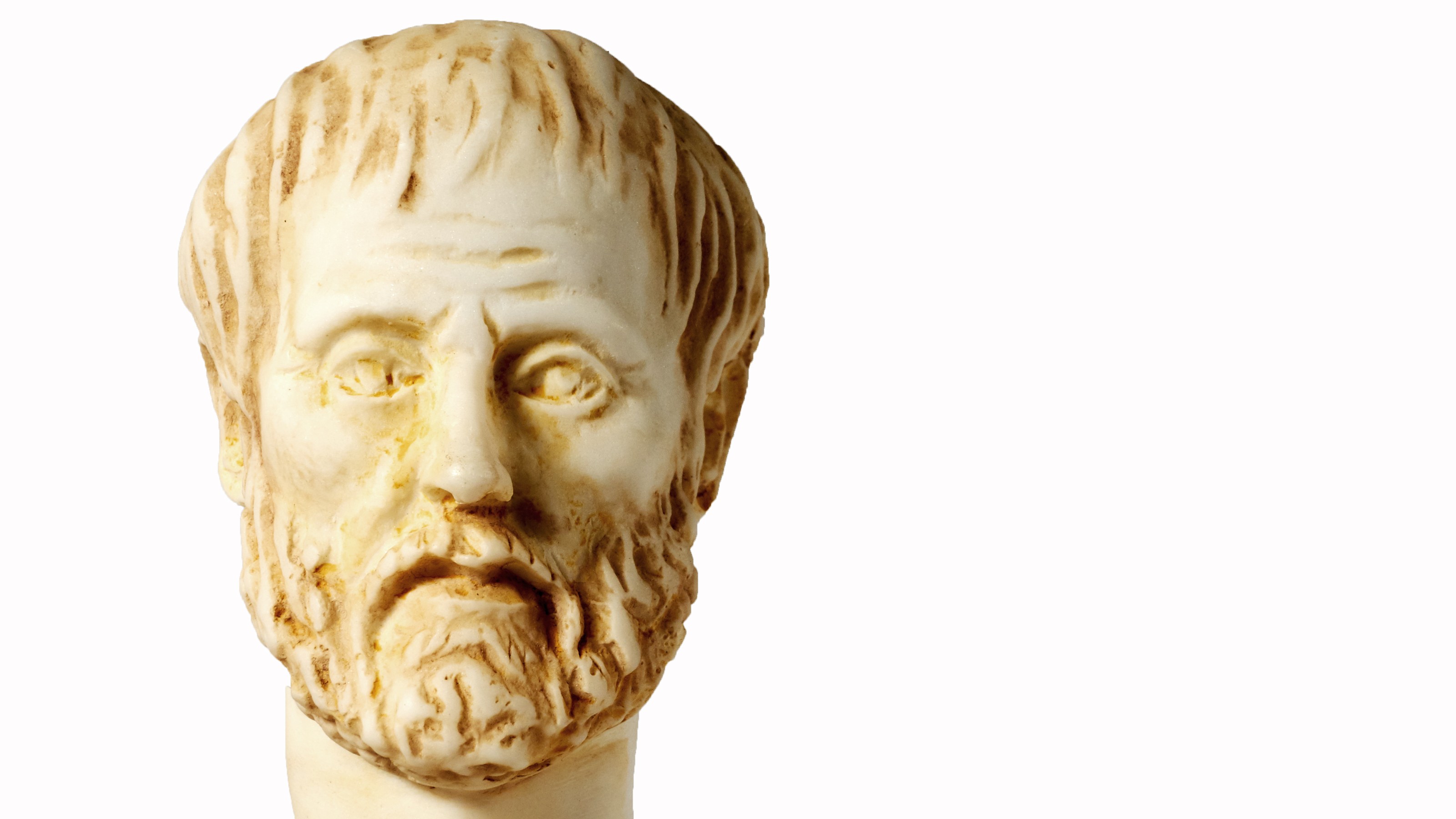Confucius vs. Aristotle: What the two philosophers teach us about ethics

- Confucius and Aristotle are two of history’s most influential philosophers.
- While their philosophies are distinct, they also have certain analogies that make for obvious points of comparison.
- By looking at how these philosophies relate, we can find inspiration for how to live better, more ethical lives.
Philosophers relish the challenge of pitting ethical systems against each other to better understand the complexities of morality. Think of the classic showdown between deontology, which champions unwavering rules, and consequentialism, which prioritizes the outcome above all else. Such intellectual duels help us grasp the nuances and limitations of each.
But what happens when we put two intricate and ancient ethical systems in conversation with one another? A paper published in Dao takes on this task by shining a comparative light on the wisdom of Aristotle and Confucius, two of the most influential philosophers in history. Their philosophies inspired their historic cultures with profound insights on how to live a virtuous life. Today, more than two millennia later, their teachings still resonate, offering guidance on navigating the complexities of living with clarity and virtue.

Confucius and Aristotle
Confucius was a Chinese philosopher and government official during the Spring and Autumn period of Chinese history. After leaving a government post, he traveled to northern China to teach his philosophy. While he could not get any governments to wholly adopt his ideals, some of his students were appointed to government positions, and his views on character, government, and the importance of ritual have become immortalized in the Chinese tradition.
Aristotle was a Greek philosopher who lived and worked in the 4th century BC — about 100 years after Confucius. A student of Plato, he broke with his teacher on many points and created an equally interesting system of thought. His theories on ethics have enjoyed a modern resurgence.
While both philosophies have been described as systems of virtue ethics, a way of looking at ethics that centers on developing and acting on certain character traits, there are significant differences between the two.
Confucius’ writings frequently mention the idea of li, which means “propriety” or “ritual observance.” However, li isn’t just about proper actions. Confucius spent a lot of time on questions of practice, such as what materials should be used in alters or how long to mourn after a family member dies. There was also a psychological component: You can only practice li correctly if your actions are backed by the proper inner states.
Meanwhile, Aristotle highlights the importance of hexis, often translated as “habit.” Being virtuous is not a one-time thing for Aristotle; it’s a state of character. A person must not only do the right thing when required but also have the right motivations and feelings about it. One should aim for, say, courage and be wise enough to be courageous at the right time. If a person habituates this combination of actions and inner qualities, they can be said to have virtue.
These concepts play central roles in their respective philosophies. By comparing and contrasting the two, we can get a better picture of how the two great philosophers think we should live our lives.

Putting philosophers head to head
Kevin DeLapp, a professor of philosophy at Converse University, examines this comparison in his essay “Confucian Rituals and Aristotelian Habits.”
The similarities between li and hexis are fairly obvious. Both are required for virtuous behavior and have seemingly analogous functions. Hexis drives a person toward what they might become, and li organizes an upright person’s actions.
Still, they are not the same and play different roles in each philosopher’s system. For example, Confucius sees li as a strictly human concept. No animal could do it. Conversely, Aristotle is open to nonhuman beings having hexis — though it would look very different for an elephant than for a human. Li is always seen as a virtue, while hexis could refer to habits of vice. Aristotle’s philosophy points towards living the life of a somewhat self-sufficient philosopher, yet Confucian thought pushes the practitioner toward being an upstanding and engaged member of a well-defined society.
While Aristotle and Confucius had many differences in their philosophies, their similarities can shed light on how to best live up to their ethical systems. As DeLapp puts it:
“Attending to the analogies between Aristotelian habit and Confucian ritual can help counterbalance common (mis)characterizations of each ethical teaching. The comparison helps Aristotelians remember that the development of virtue is not a go-it-alone enterprise, but instead requires interpersonal, emotional, and bodily cultivation. Aristotelians talk a lot about ‘tradition’ in the abstract, but they can learn from Confucianism to lean into the actual particulars of their daily or familial practices and customs. Reciprocally, the comparison helps Confucians fend off charges that their beloved ritual propriety is merely empty, external ceremony. As with Aristotelian virtues, proper Confucian rituals necessarily connect us with other people in a transformative way.“
If you’ve always wanted to explore Aristotle’s virtue ethics, the contrast with Confucius reminds you that you are not an island; you must recognize what virtuous habits look like both in practice and in theory. Similarly, if you’re drawn to Confucianism, Aristotle’s emphasis on the inner aspects of virtue highlights that li is more than just ritual. Rather than contradicting each other, these philosophies can complement each other, providing a richer understanding of ethical practice.
As DeLapp puts it, “Despite their antiquity, Aristotle and Confucius remain fantastic companions for reflecting upon and practicing how to live an ethically meaningful life.” So, why not give both serious consideration when you have a chance?




